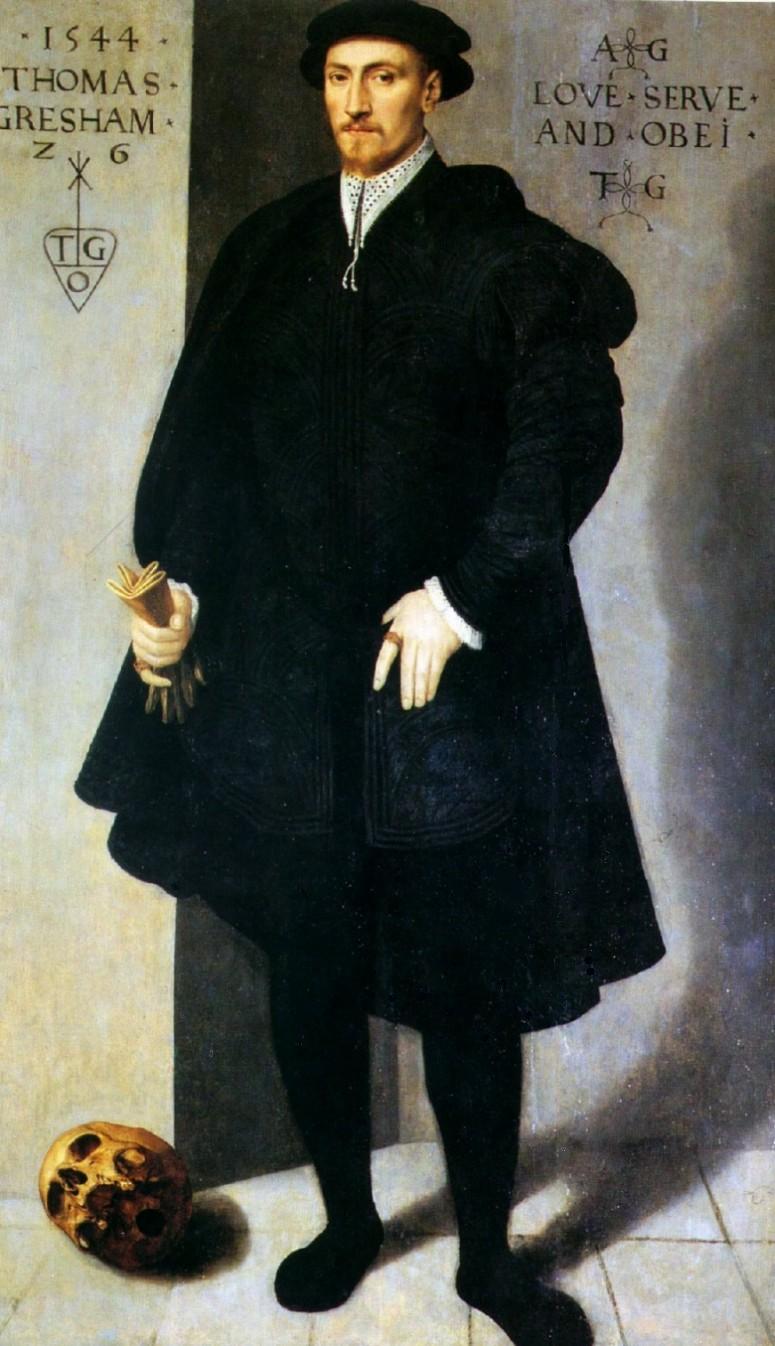
Yesterday, I was at the wonderful Gresham College for a seminar on housing – I posted some highlights earlier. But here’s a lightly edited version of my talk.
It explores the risks posed by the UK’s partially deflated housing bubble and sets out some radical options for reform (elucidated in more detail in the Long Finance paper from the talk is drawn).
And for those of you don’t know Gresham, I recommend Michael Mainelli’s brief history…
Sir Thomas Gresham (1519 to 1579) traded cloth and linens between England and the Low Countries at a time when Cambridge and Oxford had a duopolistic hold on higher education in England. A Cambridge man himself (Caius College), if Gresham’s skippers had visited an Oxbridge College they would, at best, have had the door of a college opened to them and then been laughed at in Latin for their ignorance.
If you’re going to backstab some one properly, do it from the front. Sir Thomas died of apoplexy in 1579 bequeathing one moiety of the Royal Exchange to the Corporation of London and the other moiety to the Mercers’ Company, charging them with the nomination of seven Professors to lecture in Astronomy, Divinity, Geometry, Law, Music, Physic and Rhetoric. He required the lectures to be in Latin and, horror horribilis, English. In effect, Sir Thomas, who pursued monopolies himself, used his will of 1575 anti-monopolistically to crack the Oxbridge oligopoly by bribing seven professors to give lectures to the public, in English.
Gresham College is about ‘new learning’. Sir Thomas felt strongly that the ‘new learning’ should be available to those who worked – merchants, tradesmen and ships’ navigators – rather than solely gentlemen scholars. In the 17th century, the Royal Society was founded to explore “natural philosophy”, new learning through experimentation. So, it is no surprise that the Royal Society was founded and housed at Gresham College for half a century (1660 to 1710) and numbered among its associates Gresham Professors Petty, Boyle and Evelyn.




